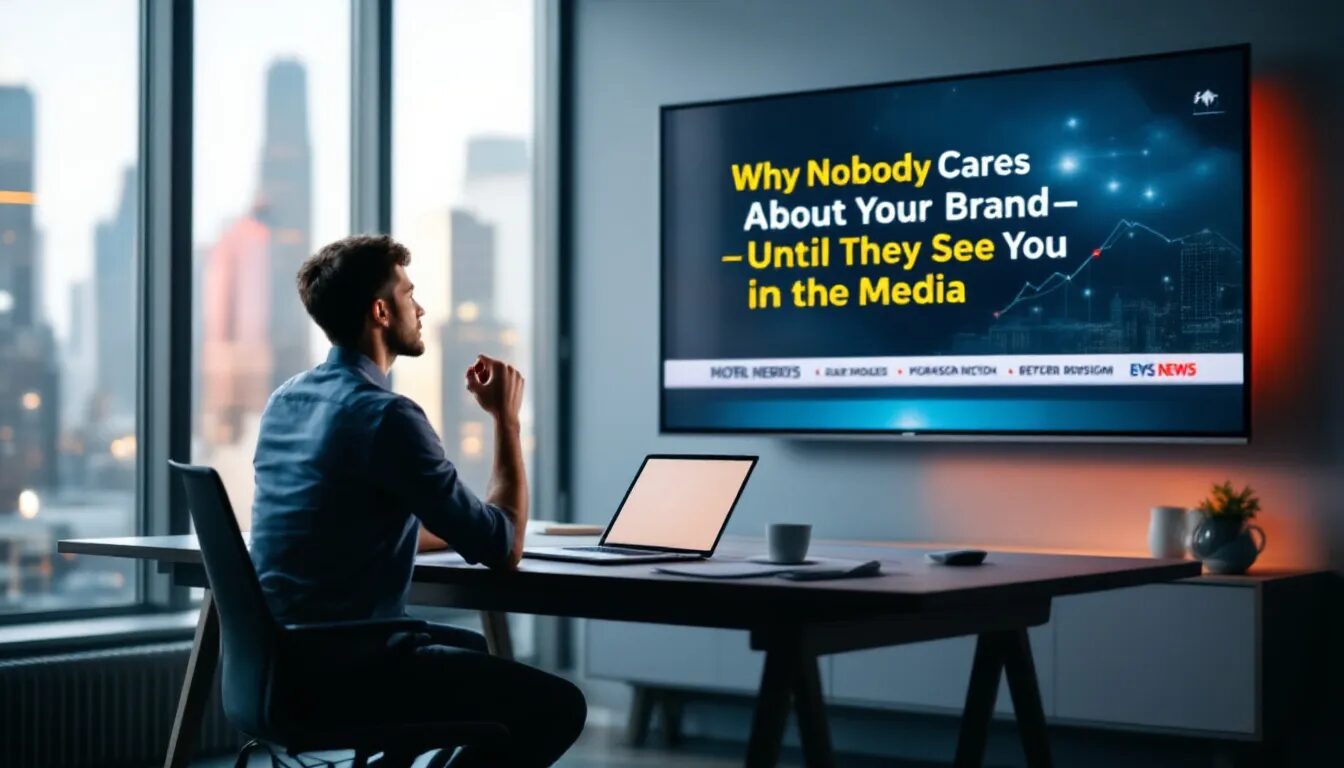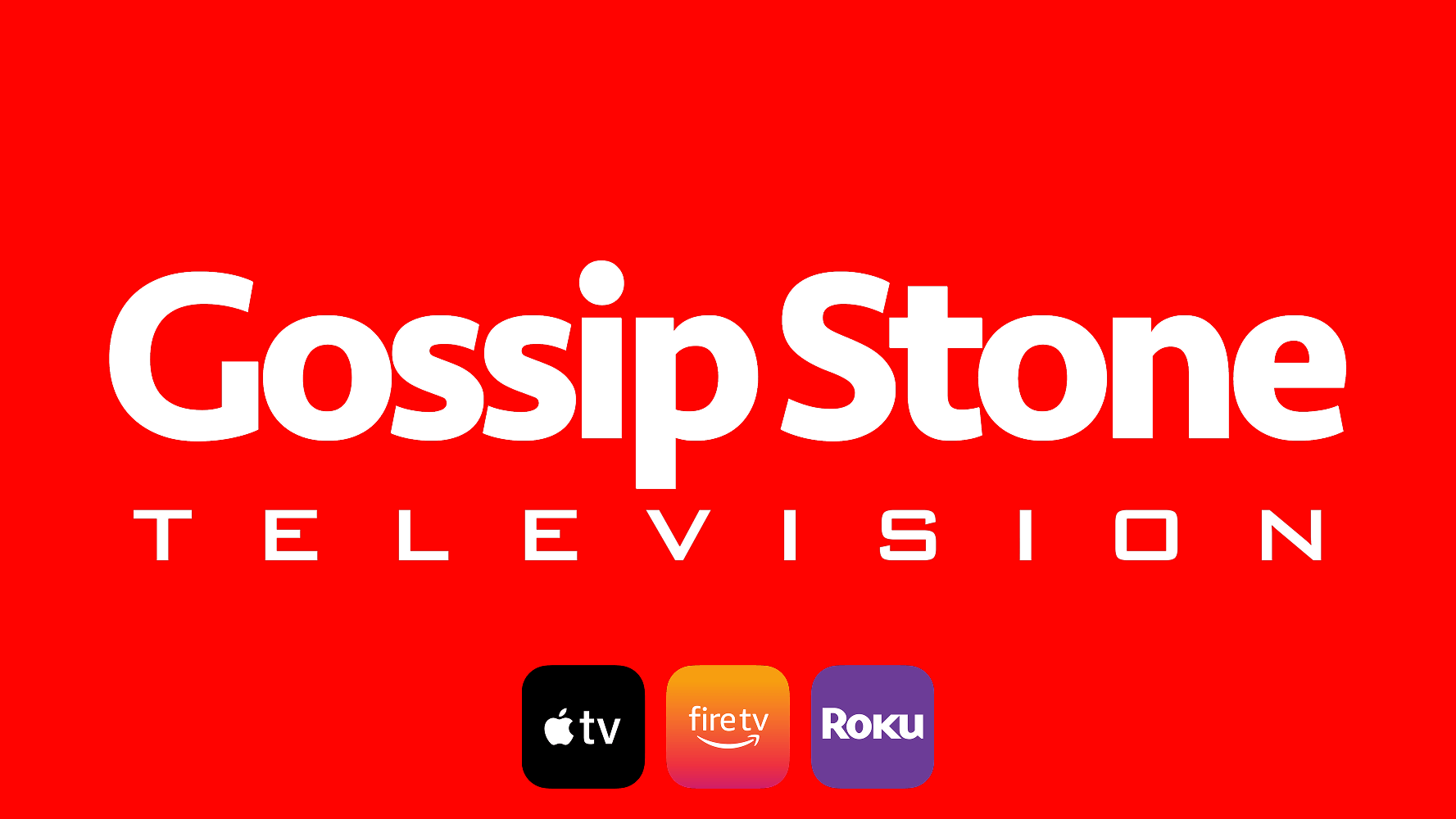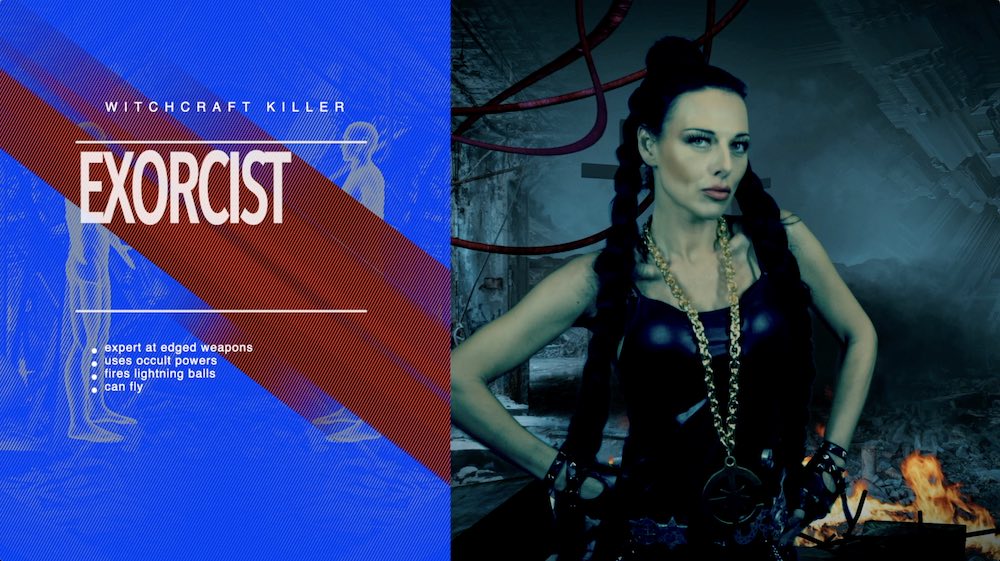Introduction to Branding
Branding is more than just a logo or a catchy tagline—it’s the process of creating a unique and distinctive identity for your company, product, or service. This involves developing a brand identity that includes your name, logo, color palette, and overall visual aesthetic. These elements work together to differentiate you from competitors and create a lasting impression on consumers. A successful brand identity is essential for building brand equity, which is the value your brand holds in the market. When done right, branding can transform your company into a recognizable and respected entity, making it easier to attract and retain customers.
Your product isn’t the problem. Your story isn’t the problem. Your visibility is. Here’s why press matters more than you think—and how to get it.

Let’s get something out of the way.
If you’re building something great—a brand, a business, a body of work—and people still don’t seem to care?
It’s probably not because your product sucks. It’s because no one knows you exist.
This is the brutal truth most entrepreneurs, artists, and personal brands face. You can have the best message, the boldest vision, the cleanest website, and still be completely invisible.
A well-executed social media campaign is crucial for engaging with customers and conveying brand messages effectively.
But the moment you get published in Forbes, interviewed in Rolling Stone, or featured in Elle, the energy shifts. Suddenly, people respond. Your DMs fill up. Emails get answered. Clients say yes faster. Investors pay attention.
That’s not luck. That’s media, including social media ads that drive measurable results.
Visibility Is the New Validation
Let’s be real: audiences today are overwhelmed. There’s a new brand every hour. A new expert every scroll. And the algorithm rewards familiarity, not genius.
So how do you break through?
You show up where people already believe authority lives.
Effective communication ensures that your brand’s message is clear and authoritative, helping you build trust and credibility.
That means:
- Search results
- Podcasts they already listen to
- Headlines they already trust
- Magazines they secretly admire
- Logos they respect
It doesn’t matter if your product is better. If someone else got featured in TechCrunch and you didn’t, they win the deal. That’s how trust works now.
Target Audience Needs Permission to Pay Attention
Most of us won’t admit it—but we rely on media to help us choose who to trust.
When we see someone in a respected outlet, we think:
“If they covered this, it must be worth knowing about.”
It’s the transfer of authority. And it’s one of the fastest ways to build credibility—especially if you’re just starting or rebranding.
A consistent brand message helps in shaping consumer perceptions and building credibility by ensuring that all communications reflect the same values and promises.
Before anyone believes your pitch, your price, or your process, they need to believe your presence.
And media makes that happen in one click.
Building a Strong Brand
Building a strong brand isn’t something that happens overnight. It requires extensive research, careful planning, and flawless execution. The first step is understanding your target audience—who they are, what they need, and how your brand can meet those needs. Next, identify your company’s unique value proposition, the distinctive feature that sets you apart from the competition. With this foundation, you can develop a comprehensive marketing strategy that aligns with your brand’s purpose and values. A strong brand is built on trust, quality, and consistency, evoking emotions and creating a sense of loyalty among customers. Just look at Coca-Cola and Nike; these companies have built powerful brands that are recognized and respected worldwide.
Corporate Branding and Strategy

Corporate branding is all about creating and maintaining a brand identity for your company as a whole. This involves developing a brand strategy that aligns with your company’s overall mission and vision. A consistent visual and messaging framework is crucial, as it ensures that your brand is easily recognizable across all marketing channels. A well-executed corporate branding strategy can establish your company as a leader in its industry, build trust and credibility with customers, and drive business growth. Companies like Apple and Google are prime examples of successful corporate branding, where the company’s brand is synonymous with innovation and quality.
Why DIY Marketing Isn’t Enough
Managing social media marketing can be a time-consuming task for small business owners. You can post on Instagram every day. You can write long captions, do Reels, host webinars, go live. And it’ll work—eventually.
But press speeds everything up.
It places you in front of audiences you didn’t have to build, with status you didn’t have to ask for. You’re not saying “Look at me.” You’re saying, “They looked first.”
And that’s what makes people stop scrolling.
Want Clients? Stop Selling. Start Showing.
It’s not about cold DMs or discount codes anymore.
It’s about presence. Are you visible? Are you respected? Are you credible?
One feature in Business Insider or The Guardian can do more than a year of LinkedIn outreach.
Understanding your target market allows you to tailor your presence and messaging effectively, ensuring you resonate with your ideal audience.
Clients don’t want to be sold—they want to recognize someone worth working with.
And when they Google your name and see a headline? Game over.
Brand Equity and Value
Brand equity is the value that your brand holds, based on its reputation, quality, and recognition. It’s a key metric for measuring the success of your branding strategy. Factors such as customer loyalty, brand awareness, and perceived quality all influence brand equity. A brand with high equity can command a premium price, attract new customers, and retain existing ones. Take Amazon, for example. The company has built strong brand equity through its relentless focus on customer satisfaction and convenience, making it a trusted name in households worldwide.
Want Brand Trust? Get Quoted.
Even a single quote in the right article changes how you’re perceived.
Being quoted in the media can significantly enhance brand recall, making your brand more memorable to consumers.
Platforms like:
…connect you directly with journalists looking for expert sources.
You don’t need to write a novel. Just share insight when the opportunity hits. One quote in Forbes beats five months of social content when it comes to authority.
Brand Management and Maintenance
Brand management is the ongoing process of maintaining and evolving your brand’s identity to ensure it remains relevant and effective in the market. This involves continuous monitoring of your brand’s performance, gathering feedback from customers, and making necessary adjustments to your branding strategy. Effective brand management is critical for building and maintaining a strong brand. It encompasses a range of activities, including social media marketing, public relations, and content marketing. Companies like Starbucks and McDonald’s have mastered brand management, helping them stay relevant and competitive in a constantly changing market.
The Importance of Brand Promise
A brand promise is a statement that defines your brand’s unique value proposition and communicates your commitment to delivering a specific benefit or experience to customers. It’s a key element of your branding strategy and serves as a guiding principle for all marketing and customer engagement activities. A well-crafted brand promise can build trust and loyalty with customers, differentiate your brand from competitors, and drive business growth. For example, Patagonia has a strong brand promise focused on environmental responsibility and sustainability. This resonates deeply with its target audience and sets it apart from other brands in the industry.
This Is Why Media Agencies Exist
If you’ve ever wondered why top-tier creators and brands seem to “magically” show up in press week after week?
They’re not lucky. They’re represented.
A PR agency doesn’t just send emails—they craft narratives, target the right editors, and get your story featured where it matters.
Media agencies use cutting-edge technology to enhance their marketing capabilities and provide effective solutions for their clients.
Some, like VUGA Media Group, even offer guaranteed global publication or your money back.
That’s not a pitch. That’s what the best brands use when they’re ready to stop begging for attention—and start owning it.
Final Word: You Might Be Great. But Great Alone Isn’t Enough.
If people aren’t paying attention, don’t question your vision.
Question your visibility.
And remember: the world can’t believe in what it hasn’t seen yet.
So show up in the places they’re already watching. Make your presence louder than your pitch. And let the press speak—so you don’t have to scream.
A positive public image is crucial for building brand awareness and visibility.
VUGA Media Group is a global media powerhouse with direct access to over 1,000 of the world’s leading publications and a proprietary network of 15,000 verified journalists. We work with major brands, celebrities, influencers, producers, and businesses across every industry to craft powerful narratives and deliver guaranteed media coverage. With over 1,000 clients served worldwide, our results speak for themselves. Contact us—and let us make you famous.





